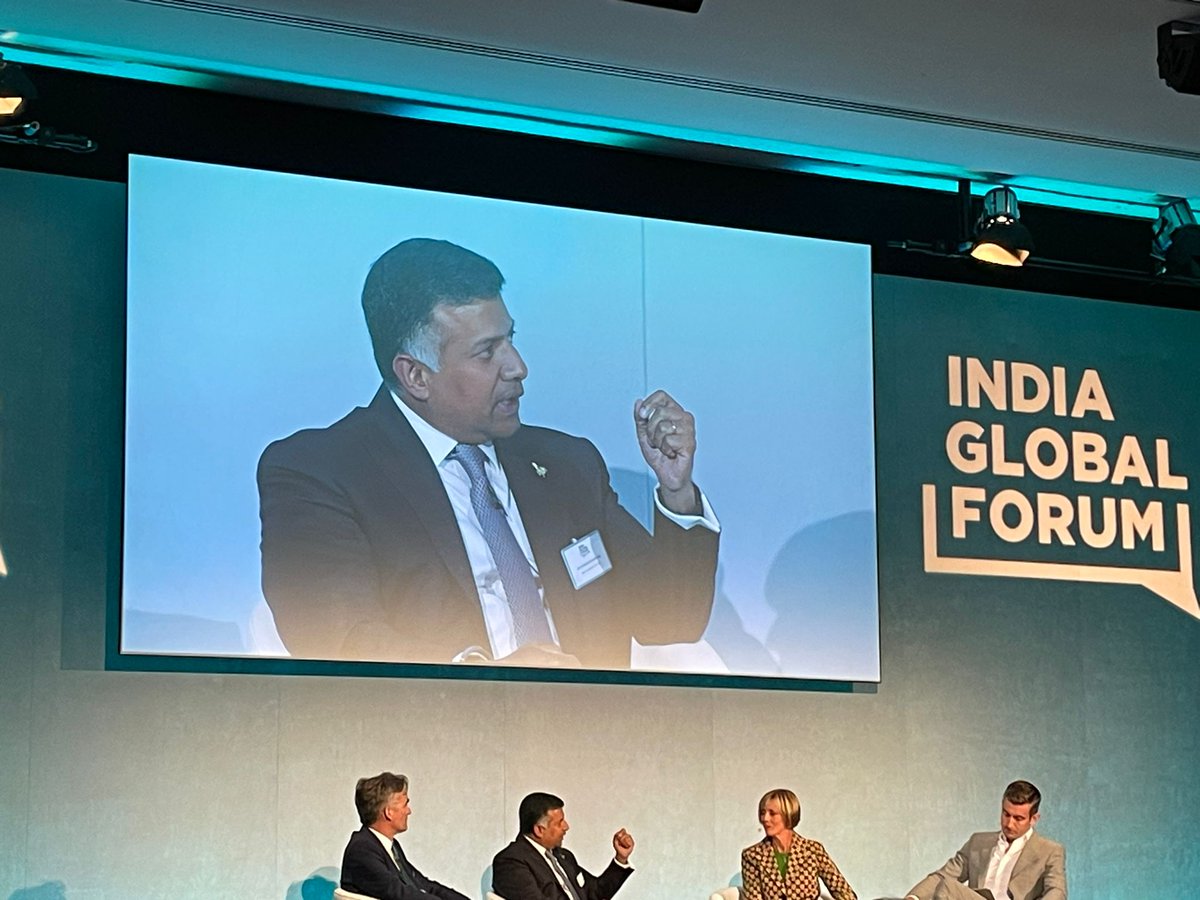Climate Change Awareness Workshop Organized by British High Commission in Islamabad
The British High Commission recently hosted a Climate Change Awareness and Mitigation training workshop at the offices of Nawa-i-Waqt and The Nation in Islamabad. The event aimed to deepen participants’ understanding of climate change impacts and promote more proactive media coverage on the subject.
Sneha Lala, Deputy Head of Communications and Public Policy at the British High Commission, delivered an insightful presentation on climate-related issues and their coverage in Pakistan. During the session, she met with Salman Masood, Editor of The Nation, and engaged in a detailed discussion on strategies to effectively highlight climate change topics in the media. Earlier, she conducted an interactive session with the workshop participants, which included key figures such as Aziz Alvi, Resident Editor of Nawa-i-Waqt; Rana Farhan Aslam, a Climate Change beat reporter; Javaid Ur Rahman, a Climate Change beat reporter for The Nation; Itrat Jafri, a Finance and Economy reporter; and other staff members.
In her address, Sneha Lala emphasized the severe climate challenges that Pakistan is likely to face in the coming years. She pointed out that rising temperatures are putting the country’s glaciers at risk and that agriculture is already experiencing negative effects. She also outlined the broader consequences of climate change, including population displacement, damage to physical assets, agricultural losses, impacts on livestock, and disruptions in industrial activities.
Lala highlighted that climate change poses a significant threat to Pakistan’s environmental, food, human, and economic security. She stressed the urgent need for the country to adopt mitigation and adaptive measures to address the growing challenges posed by climate change.
Key Points Discussed During the Workshop
-
Rising Temperatures and Glacial Melting: Pakistan’s glaciers are under threat due to increasing global temperatures, which could have long-term implications for water resources and ecosystems.
-
Agricultural Impacts: Farmers are already witnessing changes in weather patterns that affect crop yields and food production.
-
Economic Vulnerability: Climate change can lead to financial instability, particularly in sectors reliant on natural resources such as agriculture and livestock.
-
Displacement and Migration: Environmental degradation may force communities to relocate, leading to social and economic challenges.
-
Infrastructure Damage: Extreme weather events can damage critical infrastructure, affecting both urban and rural areas.
Importance of Media Coverage
The workshop underscored the crucial role of the media in raising public awareness about climate change. By providing accurate and timely information, journalists can help shape public opinion and influence policy decisions. The discussions focused on how to effectively communicate complex climate issues to a broader audience, ensuring that the public remains informed and engaged.
Participants were encouraged to incorporate climate change into their reporting, highlighting its impact on various aspects of life, from health and education to economic development and national security. The goal was to foster a more informed and responsive media landscape that can contribute to meaningful climate action.
Conclusion
The British High Commission’s initiative highlights the importance of collaboration between government, media, and international partners in addressing climate change. By equipping journalists with the knowledge and tools to report on climate issues, the workshop aimed to create a more informed public and drive sustainable solutions. As climate challenges continue to evolve, the need for proactive and informed media coverage has never been more critical.






